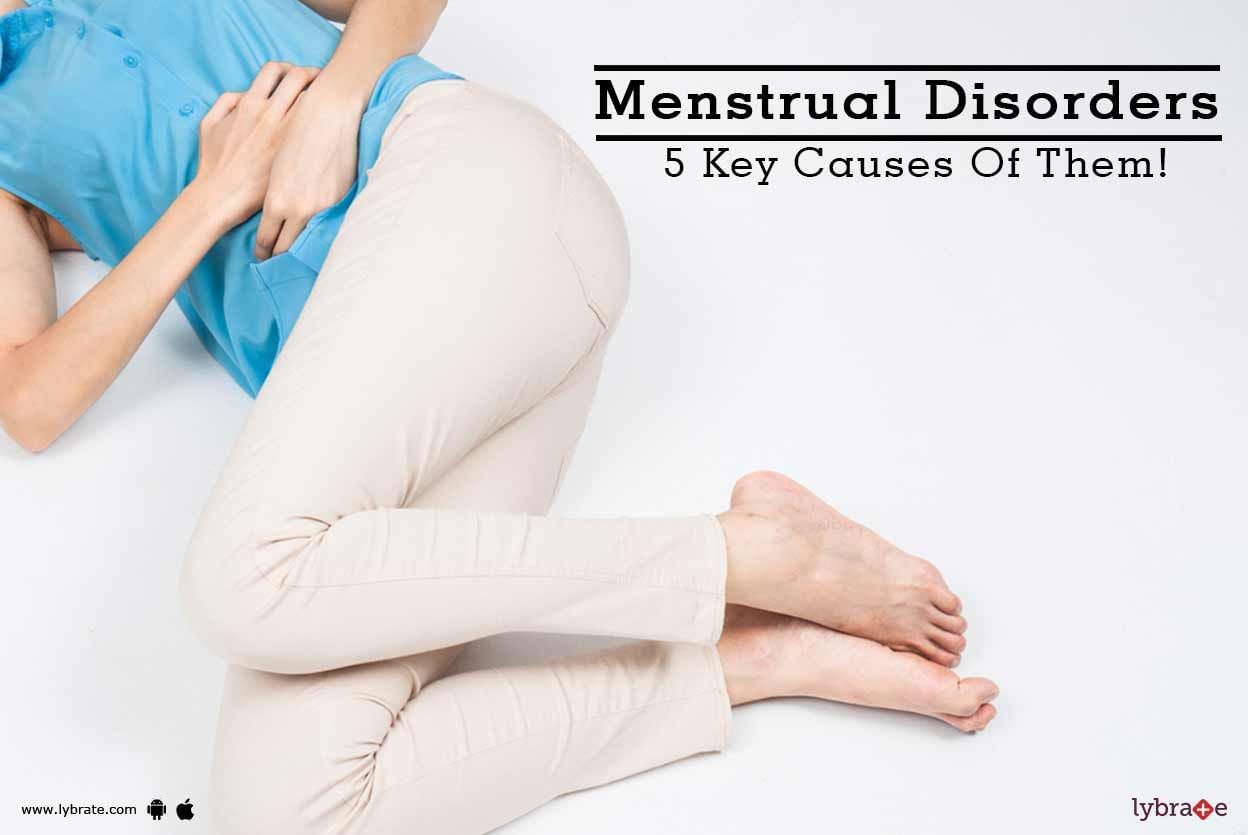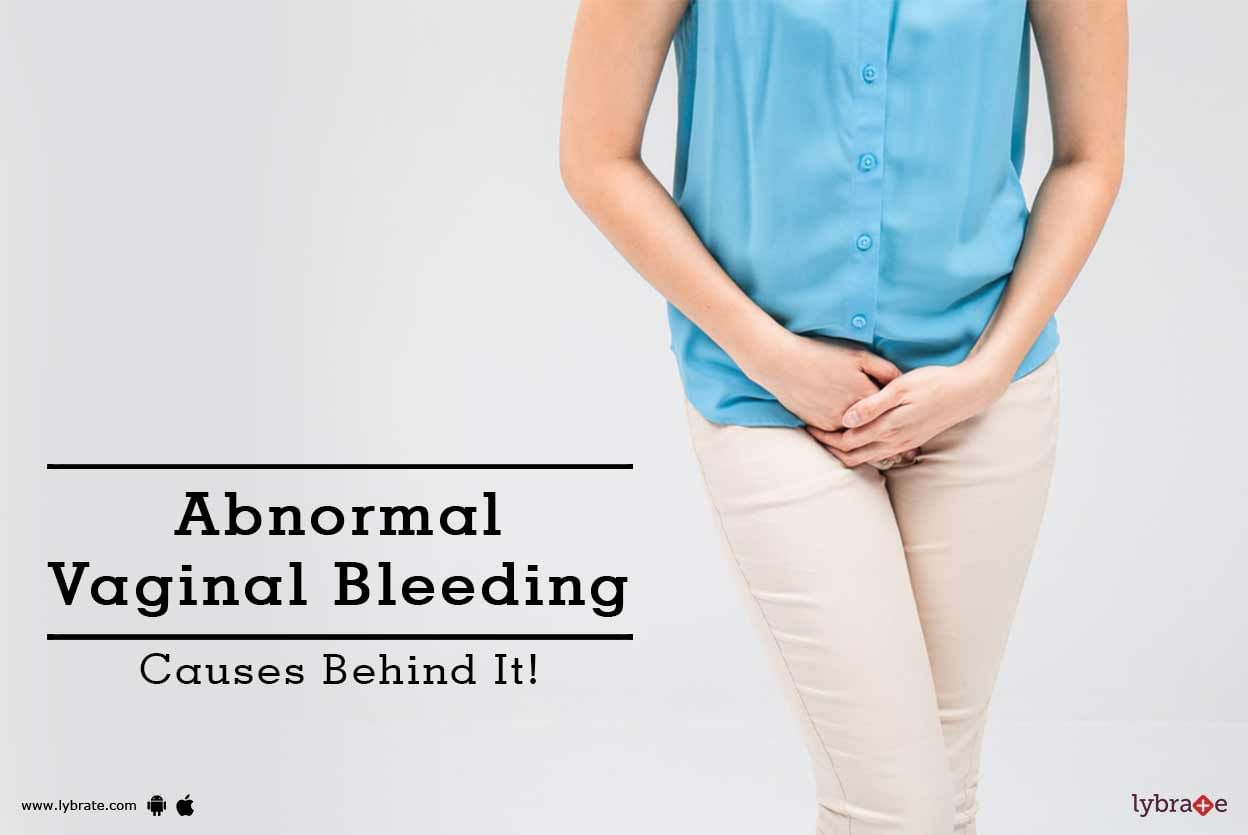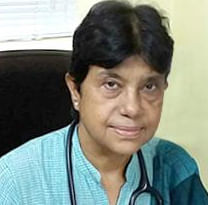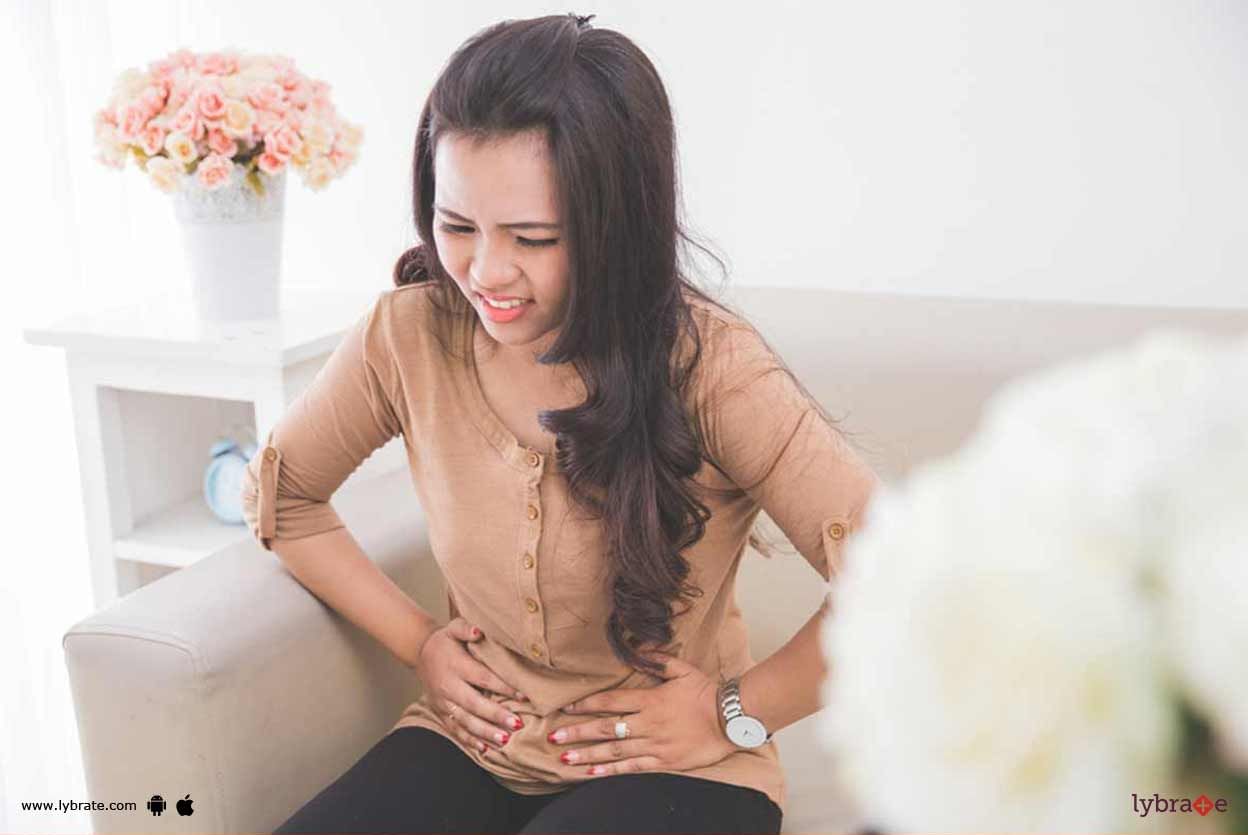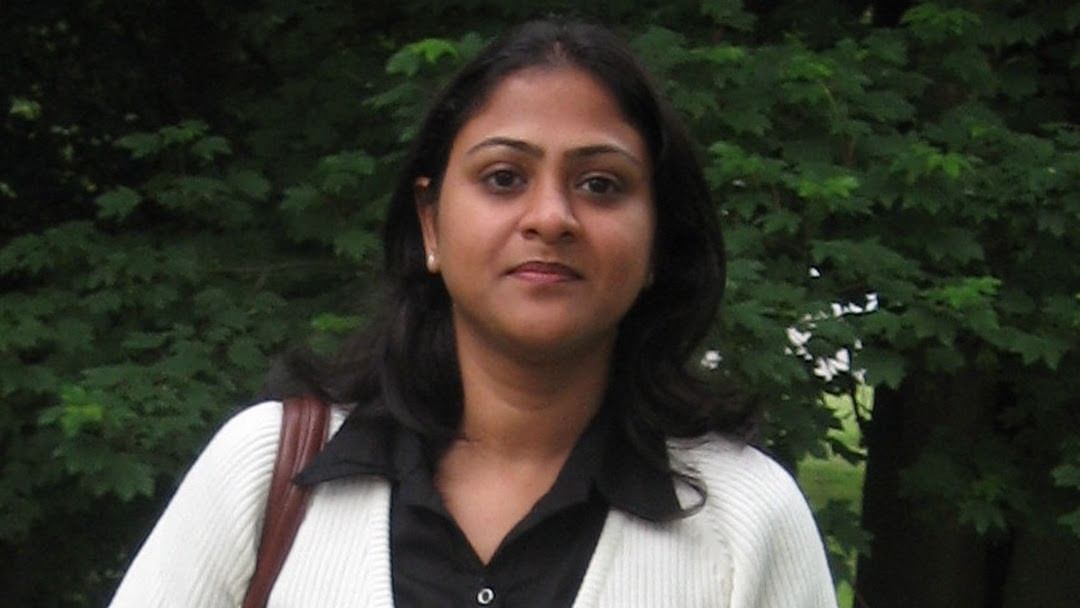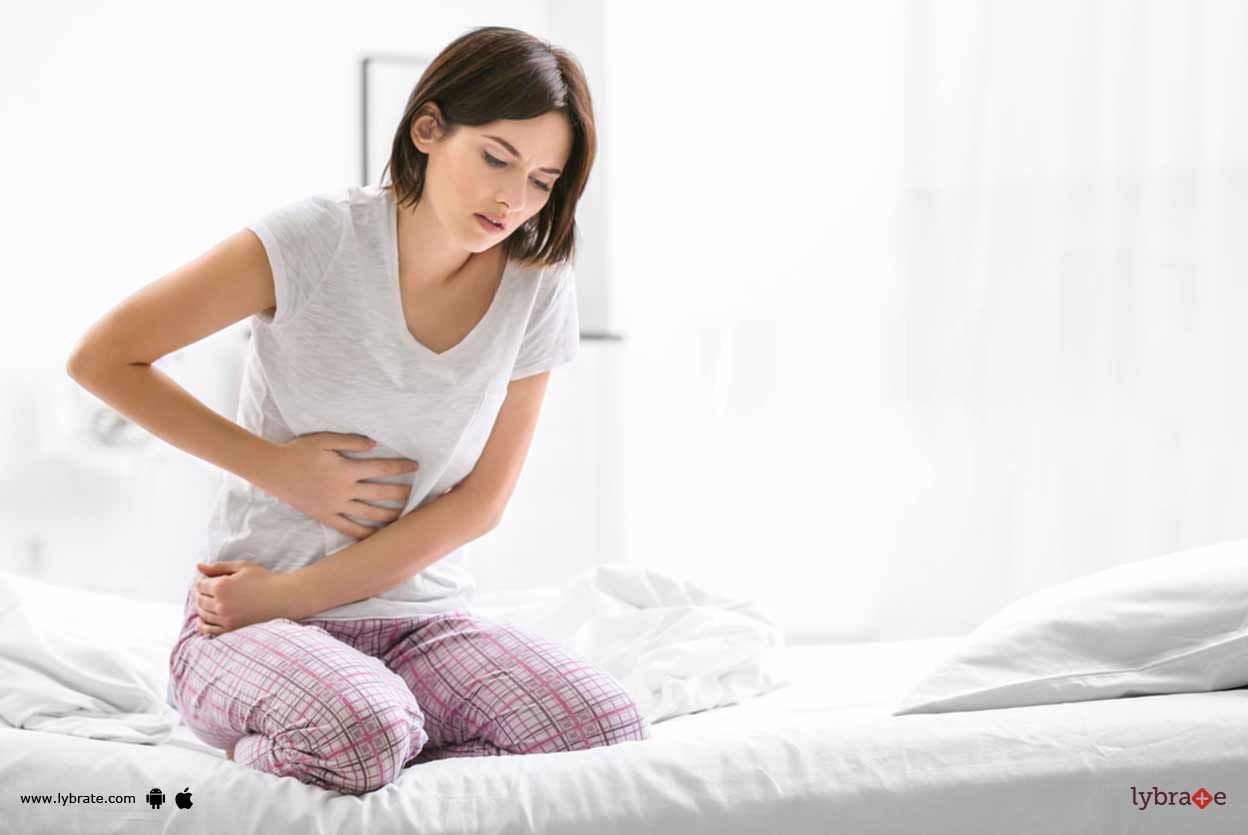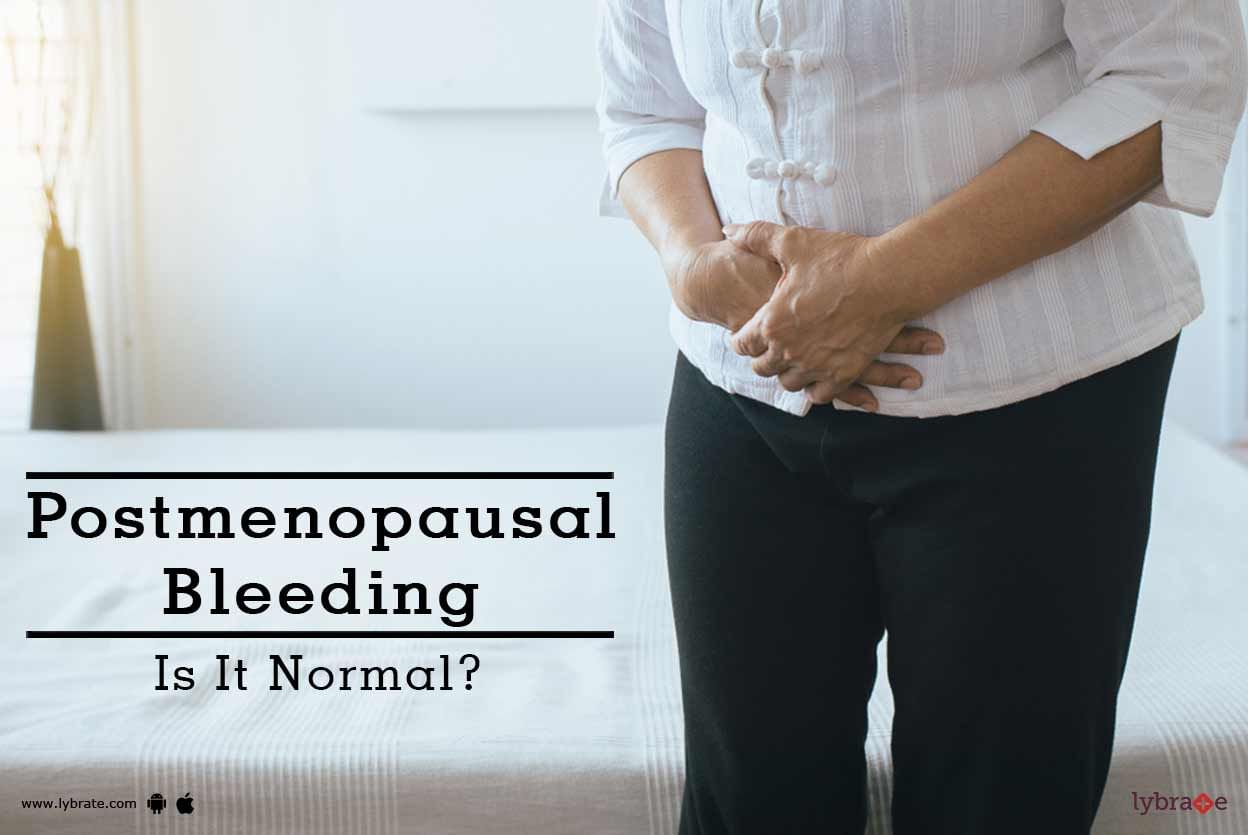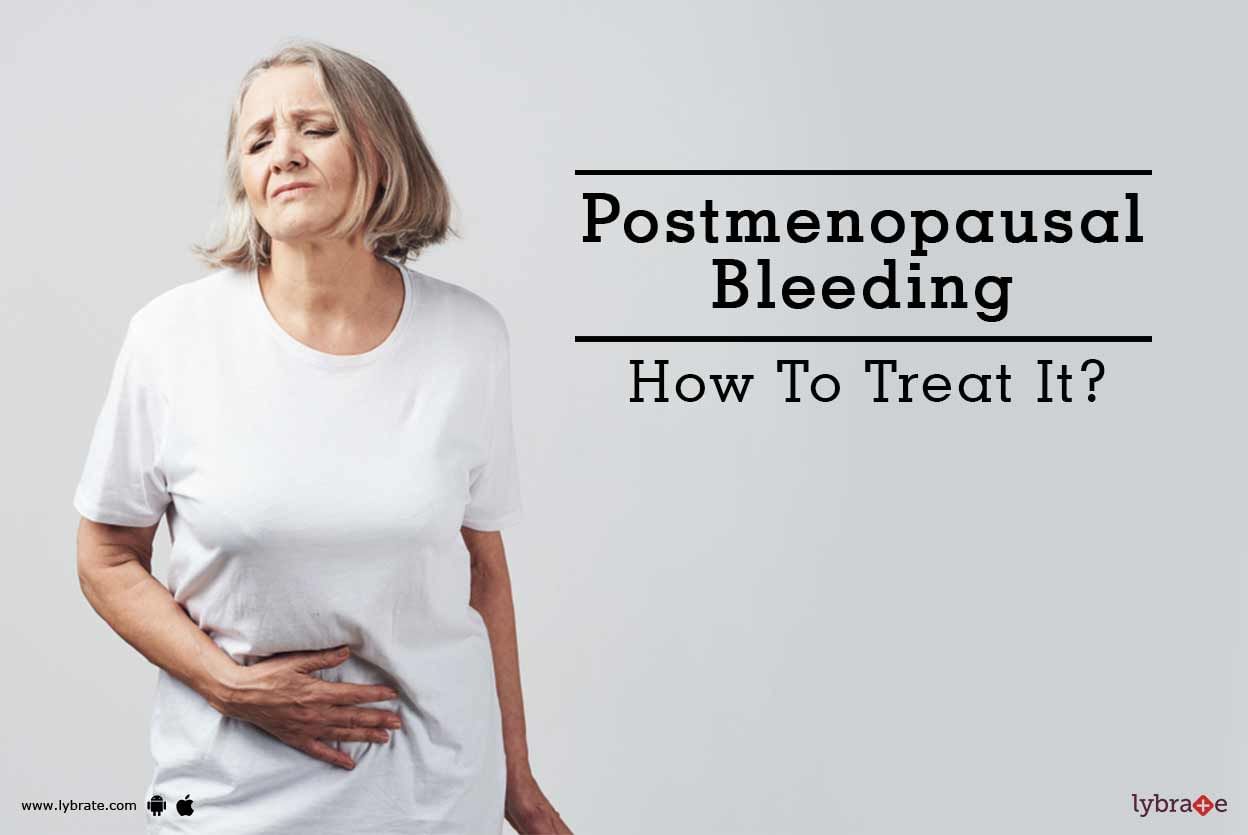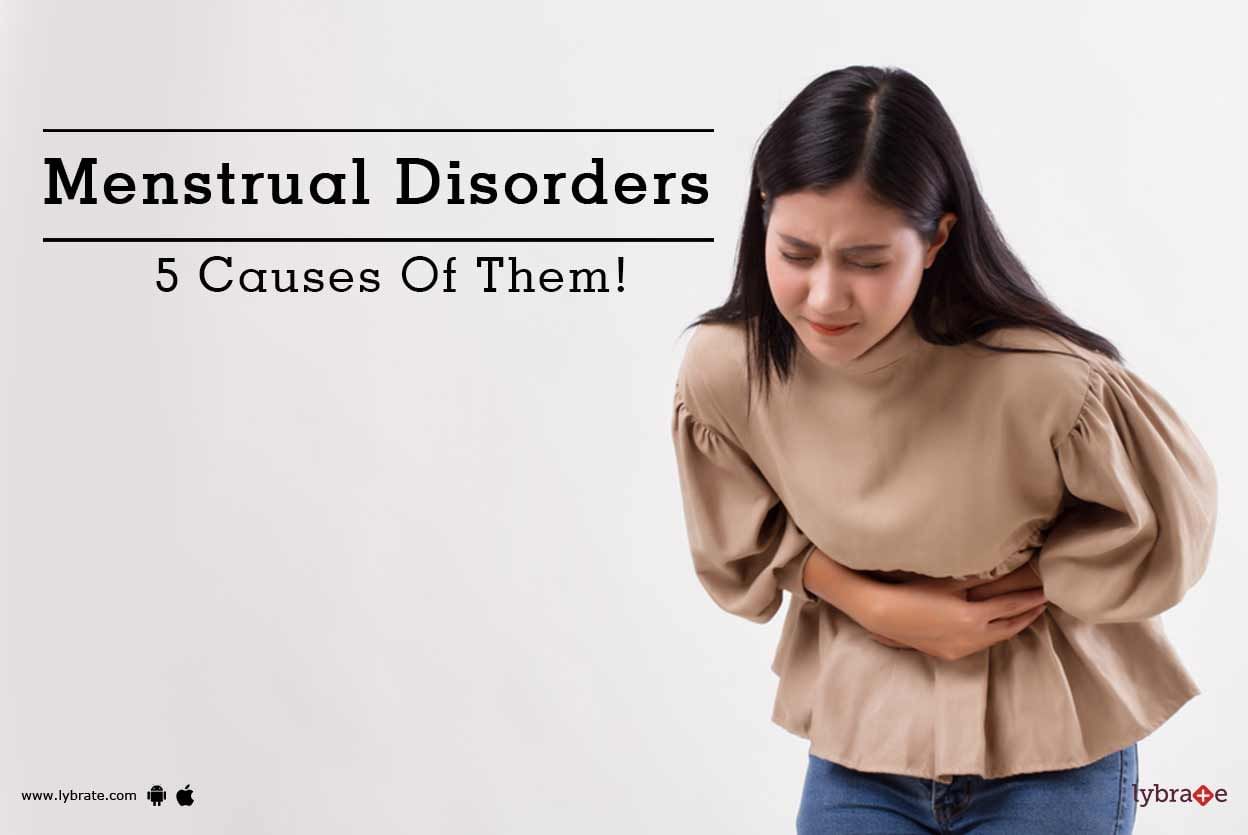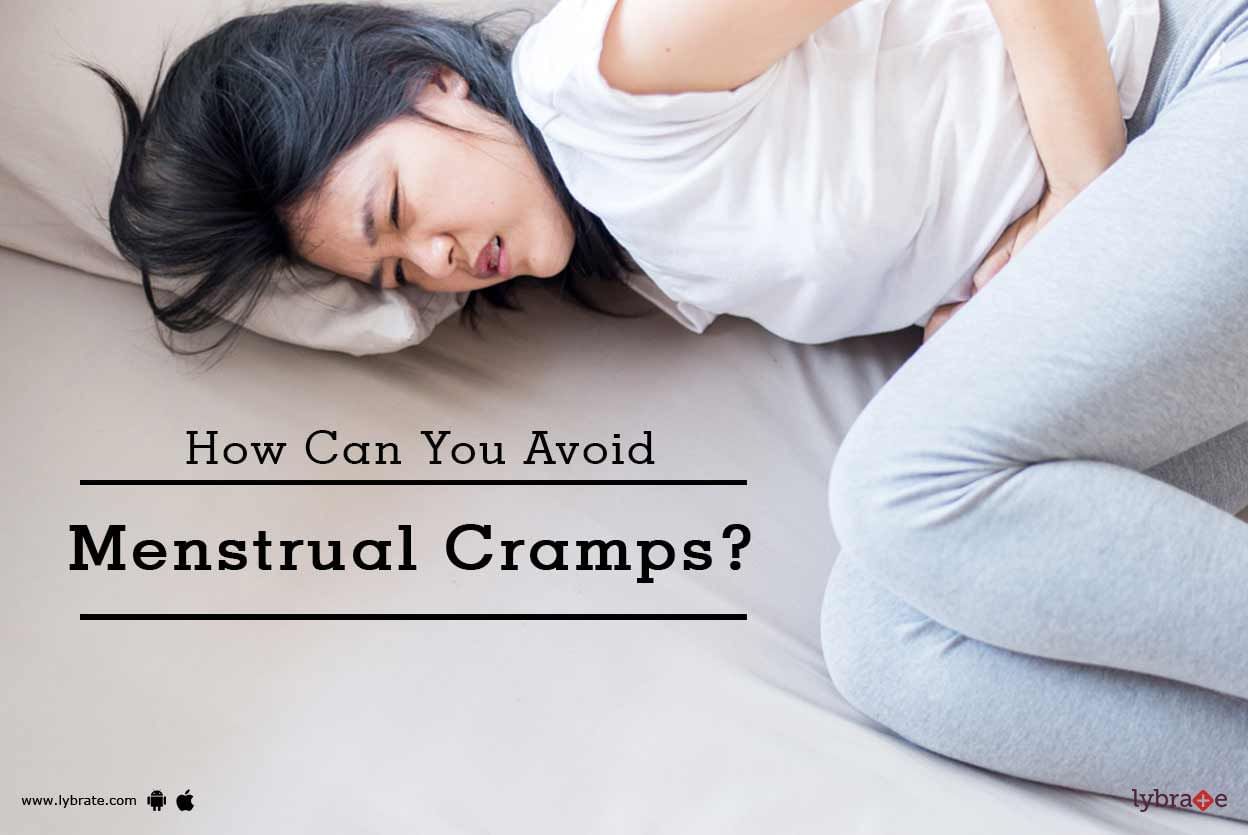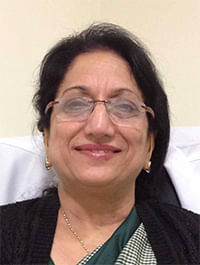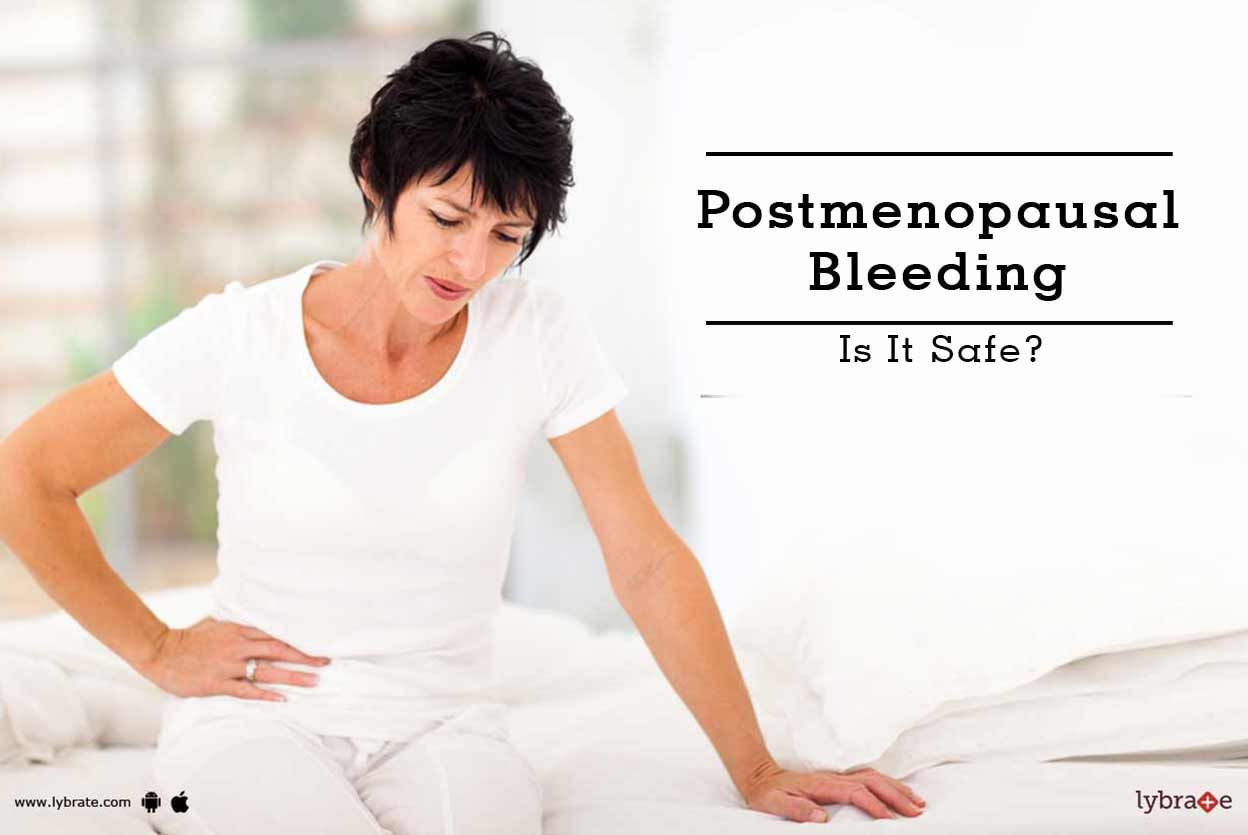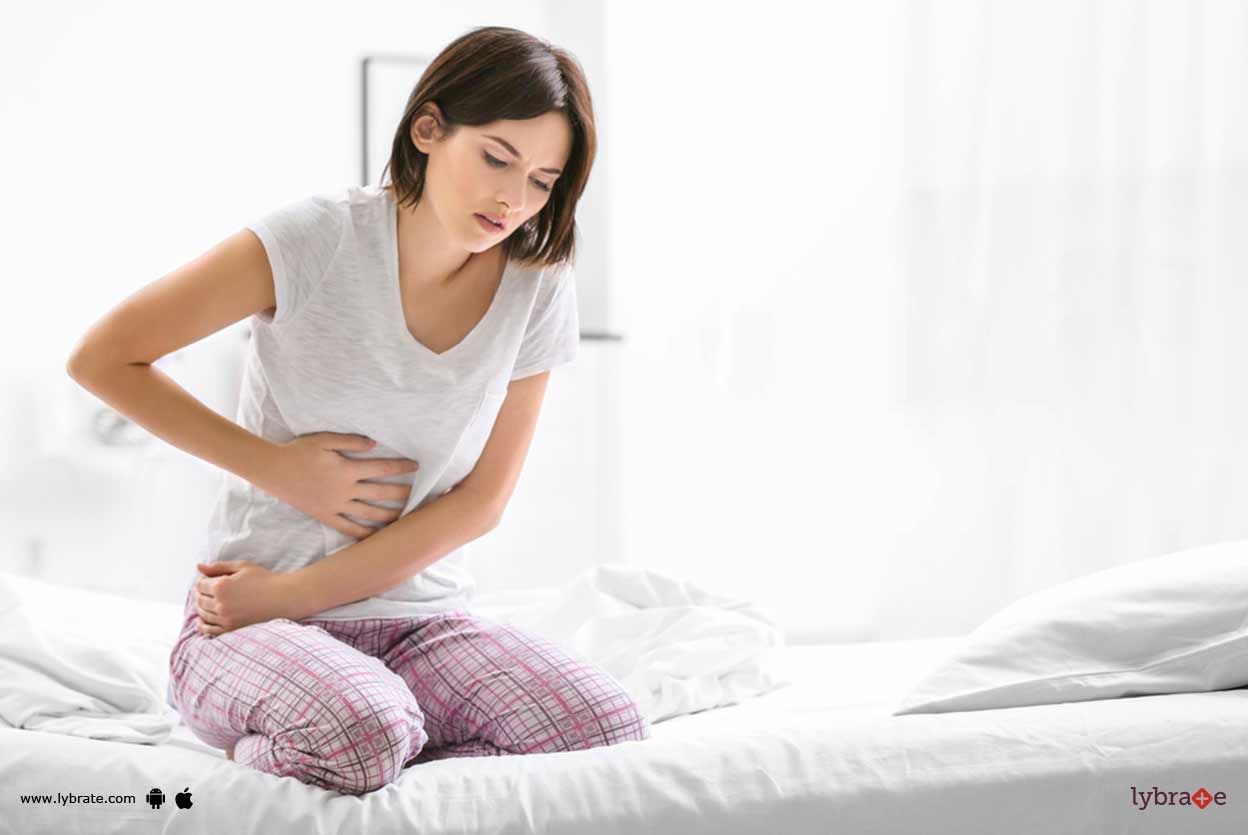Get the App
For Doctors
Login/Sign-up
About
Health Feed
Find Doctors
Health Packages
AllQ&AsTipsQuizzes
Heavy Periods Tips
Last Updated: 6 years ago• Featured Tip
Share
Bookmark
Report
Menstrual disorders are caused by a variety of factors and affect every woman in a different manner. In most cases, it manifests itself in the form of fluctuations in menstrual flow and irregularity in the monthly cycle. Certain disorders are not too severe and can be easily alleviated. Others are more complicated and require the immediate attention of a gynecologist.
As mentioned, there are different specific causes of different kinds of disorders resulting from a range of factors such...more
As mentioned, there are different specific causes of different kinds of disorders resulting from a range of factors such...more
Last Updated: 6 years ago• Featured Tip
Share
Bookmark
Report
Vaginal bleeding is something that most women experience between their periods when they are not due for a menstrual cycle. It is considered as an abnormal occurrence when you bleed before you are expecting your menstrual period, or after you are done with your monthly cycle. It is usually characterised by bouts of spotting where a thick brown reddish discharge may be experienced. Also, this kind of bleeding is considered abnormal if it occurs during pregnancy or menopause.
Here are a f...more
Here are a f...more
Last Updated: 6 years ago• Featured Tip
Share
Bookmark
Report
Vaginal bleeding is something that most women experience between their periods when they are not due for a menstrual cycle. It is considered as an abnormal occurrence when you bleed before you are expecting your menstrual period, or after you are done with your monthly cycle. It is usually characterised by bouts of spotting where a thick brown reddish discharge may be experienced. Also, this kind of bleeding is considered abnormal if it occurs during pregnancy or menopause.
Here are a f...more
Here are a f...more
Last Updated: 6 years ago• Featured Tip
Share
Bookmark
Report
A girl s first period or Menarche marks her transition from a girl to a woman . Most girls have their first period between the ages of 11 to 13 depending on their genetic structure, body weight, nutrition and maturity of the hypothalamic-pituitary-ovarian axis. Periods are usually irregular in the first two years and gradually settle into a pattern. Along with the duration of the periods, there may also be fluctuation in the amount of blood being lost. Puberty menorrhagia can be described as ...more
Last Updated: 6 years ago• Featured Tip
Share
Bookmark
Report
Most women attain menopause between the ages of late 40s and early 60s, the average age being about 51. This is an important milestone in a women's gynecological history. One major change is altered female hormone levels, and this leads to a lot of physiological changes. From hot flashes to mood swings, there is also increased predisposition to osteoporosis and uterine cancer.
If you have not had your menstrual cycles for close to 12 months, chances are you are into menopause. So, that ...more
If you have not had your menstrual cycles for close to 12 months, chances are you are into menopause. So, that ...more
Last Updated: 6 years ago• Featured Tip
Share
Bookmark
Report
Most women attain menopause between the ages of late 40s and early 60s, the average age being about 51. This is an important milestone in a women-s gynecological history. One major change is altered female hormone levels, and this leads to a lot of physiological changes. From hot flashes to mood swings, there is also increased predisposition to osteoporosis and uterine cancer.
If you have not had your menstrual cycles for close to 12 months, chances are you are into menopause. So, that ...more
If you have not had your menstrual cycles for close to 12 months, chances are you are into menopause. So, that ...more
Last Updated: 6 years ago• Featured Tip
Share
Bookmark
Report
Menstrual disorders are caused by a variety of factors and affect every woman in a different manner. In most cases, it manifests itself in the form of fluctuations in menstrual flow and irregularity in the monthly cycle. Certain disorders are not too severe and can be easily alleviated. Others are more complicated and require the immediate attention of a gynecologist.
As mentioned, there are different specific causes of different kinds of disorders resulting from a range of factors such...more
As mentioned, there are different specific causes of different kinds of disorders resulting from a range of factors such...more
Last Updated: 6 years ago• Featured Tip
Share
Bookmark
Report
Let's first get to know what are menstrual cramps?
Menstrual cramps, also known as dysmenorrhea or period pains are throbbing or cramping pains in the lower abdomen.Many women experience menstrual cramps just before and during their menstrual periods.
Who gets menstrual cramps?
About half of women experience menstrual cramps and about 15% describe the pain as severe. It has been shown that women who do not exercise experience more painful menstrual cramps. Certain psychological ...more
Menstrual cramps, also known as dysmenorrhea or period pains are throbbing or cramping pains in the lower abdomen.Many women experience menstrual cramps just before and during their menstrual periods.
Who gets menstrual cramps?
About half of women experience menstrual cramps and about 15% describe the pain as severe. It has been shown that women who do not exercise experience more painful menstrual cramps. Certain psychological ...more
Last Updated: 6 years ago• Featured Tip
Share
Bookmark
Report
MBBS Bachelor of Medicine and Bachelor o...read more
Gynaecologist•Chandigarh
Most women attain menopause between the ages of late 40s and early 60s, the average age being about 51. This is an important milestone in a women-s gynecological history. One major change is altered female hormone levels, and this leads to a lot of physiological changes. From hot flashes to mood swings, there is also increased predisposition to osteoporosis and uterine cancer.
If you have not had your menstrual cycles for close to 12 months, chances are you are into menopause. So, that ...more
If you have not had your menstrual cycles for close to 12 months, chances are you are into menopause. So, that ...more
Last Updated: 6 years ago• Featured Tip
Share
Bookmark
Report
Multi Speciality•Visakhapatnam
Menorrhagia is a medical condition in which a woman experiences excessive blood loss during menstruation. Though for some women, heavy bleeding might be normal, but Menorrhagia refers to such a condition in which a woman encounters anomalous bleeding. Generally, menstrual bleeding continues for a maximum period of seven days, however, in case of Menorrhagia, the bleeding continues for more than seven days.
Different causes are responsible for Menorrhagia. Some of the causes are mentione...more
Different causes are responsible for Menorrhagia. Some of the causes are mentione...more
Book appointment with top doctors for Heavy Periods treatment
View fees, clinic timings and reviews
Ask a free question
Get FREE multiple opinions from Doctors
posted anonymously


